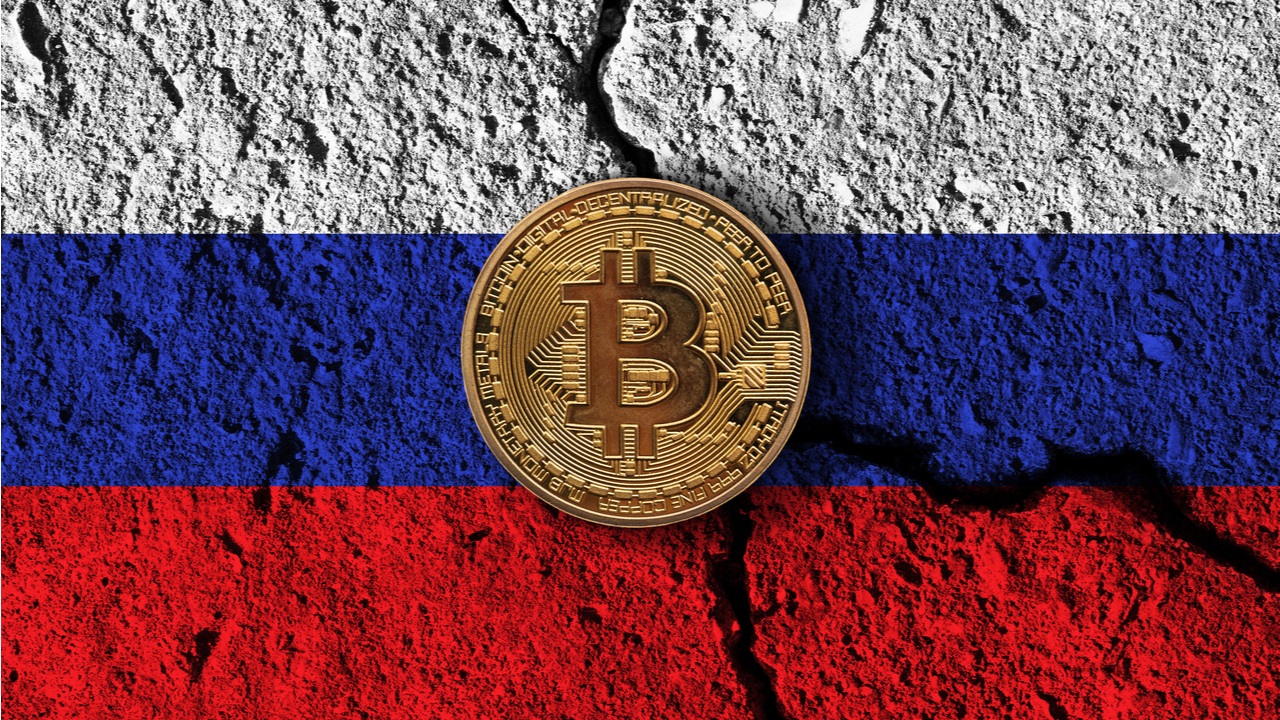Russia Unveils New Cryptocurrency Exchanges to Power Global Trade Amid Sanctions
23.08.2024 12:31 2 min. read Alexander Stefanov
Russia is moving forward with plans to establish two cryptocurrency exchanges, one in Moscow and another in St. Petersburg, in a bid to enhance its international trade capabilities.
These exchanges will operate under specific legal frameworks tailored to Russia’s economic and regulatory landscape. The Moscow platform may either integrate with the existing Moscow Exchange or function independently, while the St. Petersburg exchange will build on the foundation of the current St. Petersburg Currency Exchange.
This initiative is part of a broader strategy to increase Russia’s influence in the global crypto market and provide new financial tools amidst a challenging economic environment.
In tandem with these exchanges, Russia is also exploring the creation of a stablecoin tied to the Chinese yuan and the BRICS currency basket, a move aimed at diversifying its financial connections with key global economies.
However, the process of launching these stablecoins may encounter significant hurdles, particularly regarding their liquidity and convertibility. Experts like Oleg Ogienko of BitRiver have pointed out that, under Russian law, stablecoins are considered digital financial assets because they depend on an issuing entity to uphold their value.
Initially, the new exchanges and stablecoin will be accessible primarily to large businesses, with smaller enterprises and individual users gaining access at a later stage. While these developments could provide a much-needed boost to Russia’s cryptocurrency market, experts are cautious.
The transparency of blockchain technology might expose transactions to international scrutiny, potentially leading to sanctions. Additionally, concerns about trust in these government-backed platforms could drive users to continue relying on established international crypto exchanges instead.
-
1
Tether’s Hypothetical IPO Could Value It Above Coca-Cola, CEO Suggests
10.06.2025 11:00 1 min. read -
2
UK Regulators Unveil PISCES – A New Era for Private Share Trading
11.06.2025 15:00 2 min. read -
3
Trump Turns 79 With Billions in Crypto and a $45M Parade
14.06.2025 22:00 2 min. read -
4
Polygon Breaks from Decentralization as Sandeep Nailwal Assumes Full Control
11.06.2025 20:00 2 min. read -
5
KuCoin Plants Its Flag in Bangkok With a Licensed Thai Exchange
14.06.2025 13:00 1 min. read
At Least Five Law Firms Target Former Strategy Over Misleading BTC Risk Disclosures
Bitcoin-focused investment firm Strategy Inc. (formerly MicroStrategy) is facing mounting legal pressure as at least five law firms have filed class-action lawsuits over the company’s $6 billion in unrealized Bitcoin losses.
SoFi Returns to Crypto with Trading, Staking, and Blockchain Transfers
Digital banking platform SoFi Technologies is making a strong return to the cryptocurrency space, relaunching its crypto trading and blockchain services after stepping away from the sector in late 2023.
Chinese Tech Firms Turn to Crypto for Treasury Diversification
Digital assets are gaining ground in corporate finance strategies, as more publicly traded companies embrace cryptocurrencies for treasury diversification.
Ripple Faces Legal Setback as Court Rejects Bid to Ease Penalties
Ripple has been dealt another legal blow after a federal judge rejected its attempt to ease court-imposed restrictions and penalties stemming from its long-standing battle with the U.S. Securities and Exchange Commission (SEC).
-
1
Tether’s Hypothetical IPO Could Value It Above Coca-Cola, CEO Suggests
10.06.2025 11:00 1 min. read -
2
UK Regulators Unveil PISCES – A New Era for Private Share Trading
11.06.2025 15:00 2 min. read -
3
Trump Turns 79 With Billions in Crypto and a $45M Parade
14.06.2025 22:00 2 min. read -
4
Polygon Breaks from Decentralization as Sandeep Nailwal Assumes Full Control
11.06.2025 20:00 2 min. read -
5
KuCoin Plants Its Flag in Bangkok With a Licensed Thai Exchange
14.06.2025 13:00 1 min. read


